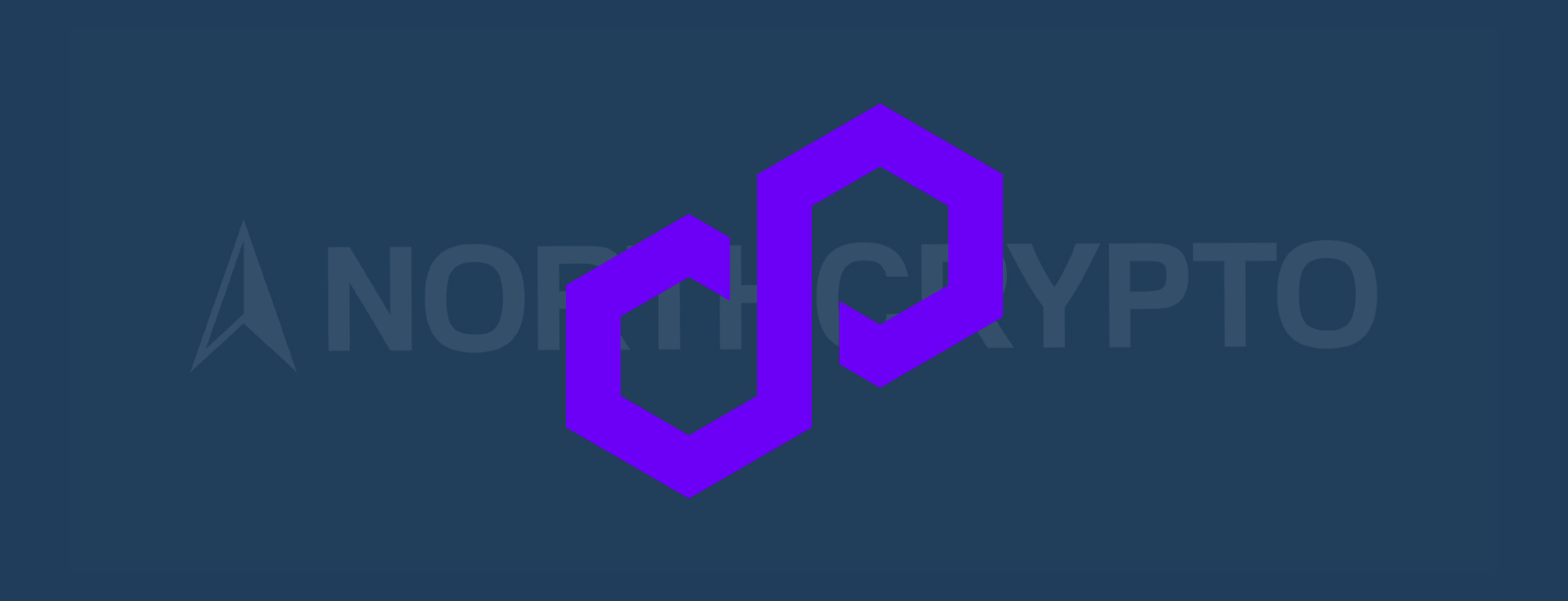
This monthly report reviews the most important cryptocurrency news in April. The most significant news in April can be considered the MiCA cryptocurrency legislation accepted in the European Union and the successful implementation of the Ethereum Shanghai hard fork.
April on cryptocurrency markets
April was a relatively quiet month for cryptocurrency prices. The prices of the two largest cryptocurrencies by market cap, i.e. Bitcoin and Ethereum, ended up slightly on the plus side for April. In turn, the prices of all the other cryptocurrencies offered by Northcrypto were falling. The price of Litecoin was down about three percent, while the prices of Aave, Chainlink and ApeCoin dropped by about 6-9 percent. The price of Polygon ended up almost 15 percent lower at the end of the month than at the beginning of the month.
MiCA cryptocurrency legislation accepted in Europe
In April, the European Union voted on MiCA, or Markets in Crypto Assets, cryptocurrency legislation. The MiCA bill was voted through by a clear majority. MiCA has been in preparation since 2020 and is scheduled to enter into force for stablecoins in July 2024 and for other parts in January 2025. MiCA can be considered the most comprehensive cryptocurrency legislation in the world to date, with the aim, among other things, of creating uniform rules for cryptocurrency operators and regulating the activities of cryptocurrency issuers in the EU. However, this is not a completely comprehensive regulation, as MiCA does not have any regulation related to, for example, DeFi or NFT, which can be seen to have established their place in the cryptocurrency market.
Ethereum Shanghai hard fork was successfully implemented
Ethereum Shanghai hard fork, also known as Shapella, was successfully implemented on April 13th. The Shanghai hard fork was an upgrade that meant Ethereum's final move to Proof of Stake algorithm. The upgrade made it possible to withdraw staked ether tokens that are staked for the Ethereum network maintenance work. Ethereum network administrators, or validators, have been able to stake their tokens since the end of 2020. Some expected that the possibility of staking withdrawals would increase the number of ethers traded, thus negatively affecting the price of ether. However, after about three weeks, it seems that these expectations have not come true, as Ethereum was among the top-performing large market cap cryptocurrencies in April.
Twitter to provide cryptocurrency and stock trading services
Twitter, a community and microblogging service with 450 million monthly users, has started offering cryptocurrency and stock trading services. This is done in collaboration with the Israeli investment platform eToro. Twitter started making the feature available to users on the 6th of April. Twitter's decision didn't come as a big surprise to many, as the company's CEO and owner, Elon Musk, announced in March that he wanted to make Twitter the world's largest financial institution.
Swiss banks' entry into the cryptocurrency market
Swiss state-owned PostFinance bank announced that it would start offering cryptocurrency services. In practice, this means offering bitcoin and Ethereum (ether) trading and custody services. PostFinance implements the provision of these services in cooperation with Sygnum Bank, a Swiss company specializing in the provision of cryptocurrency services. PostFinance is the fifth largest financial services company in Switzerland and has approximately 2.5 million customers.
In April, there was also positive news related to another Swiss bank, as Syz, a Swiss bank that manages nearly €25 billion in assets, is launching the cryptocurrency fund SyzCrest Digital. Initially, the fund has at least approximately €45 million in investable assets, and later the aim is to increase the investable assets to approximately €270 million. The fund will invest in cryptocurrency-focused hedge funds. Syz is launching the fund in partnership with Hong Kong-based private equity firm CMCC Global. The fund is expected to be published on the 1st of July.
Positive news for Polygon
U.S. asset manager Franklin Templeton announced in April that its OnChain U.S. Government Money Market Fund is now operating using the scalability solution Polygon. According to Franklin Templeton, its mutual fund is the first U.S.-registered fund to leverage public blockchain to process transactions and record share ownership. According to the asset manager’s comments, the use of solutions based on blockchain technology can achieve, among other things, higher security, and faster transaction processing. Franklin Templeton is a traditional U.S. asset manager who manages approximately €1.3 trillion in assets.
There was also another major piece of news related to Polygon in April, when Polygon Labs, the company behind Polygon, began collaborating with Google's cloud services, also known as Google Cloud. Among other things, the collaboration aims to make it easier to build and launch Web3 products and decentralized applications on Polygon. In practice, the collaboration means, for example, that Google Cloud will become Polygon's cloud service provider, in addition to which Polygon will start utilizing Google Cloud's Blockchain Node Engine node hosting services.
Summary
The MiCA regulation adopted in the EU is a significant step forward in the global regulation of cryptocurrencies. As the most comprehensive cryptocurrency regulation to date, MiCA is likely to have an impact on the cryptocurrency regulations that will be implemented in several other regions in the future. Many companies and individuals working with cryptocurrencies see MiCA as a good step forward overall, although there are some flaws and problematic points in MiCA.
Ethereum Shanghai hard fork was successfully implemented in April and now Ethereum has finally switched to the Proof of Stake algorithm. The possibility of withdrawing staked ethers reduced the uncertainty related to Ethereum and staking, in particular. Many expect that a successful upgrade will increase interest in both Ethereum and ether staking.
The entry of both Twitter and Swiss banks in the cryptocurrency market did not come as much of a surprise to many who actively follow the cryptocurrency market. Over the past few years, the major players in social media have expanded their operations into several areas, and now it is the turn to offer investment-related opportunities. It will be interesting to see if other similar players follow Twitter, and how this would affect the popularity of investing more generally, and also cryptocurrencies. Swiss banks are joining the ranks of several Central European banks that have entered the cryptocurrency market after U.S. banks. When it comes to cryptocurrencies, the situation is starting to look good, especially in Switzerland, as in addition to the entry of several banks, the city of Lugano accepts bitcoin and two other cryptocurrencies as legal tenders.
The popularity of Polygon continued to grow in April also outside the cryptocurrency market with the Google Cloud collaboration and the announcement of Franklin Templeton. Although the price of Polygon fell in April, the future of Polygon looks bright thanks to the technological advances and the collaborations this and last year.
Ville Viitaharju
Cryptocurrency specialist
Last updated: 04.05.2023 15:30




